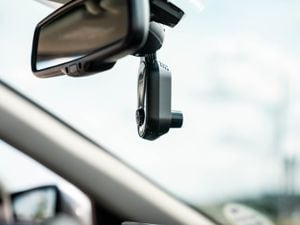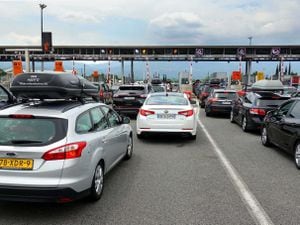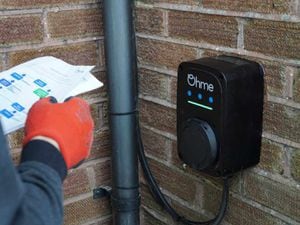How to get the best fuel consumption from your motorhome
Heading away for the bank holiday weekend in a camper? Here’s how to save at the pumps.

With the four-day Jubilee bank holiday weekend in full swing, many holidaymakers will be jumping in camper vans and motorhomes to make the most of their time off.
The Covid-19 pandemic saw a surge in motorhome ownership, but with fuel prices hitting record highs, it can be enough to put you off taking a road trip.
Fuel technology specialist SulNOx Group has put together some hints and tips to get the best fuel economy from your camper and keep your getaway as cost-effective as possible.

Service your vehicle
Getting a service is important because it ensures that your vehicle is in good working order, which will mean that it is at its most efficient as well as being less likely to break down.
If you’re mechanically minded you could do this yourself, or take your vehicle to a local specialist.
Check your tyres
Your tyres are the only part of the vehicle in contact with the road, so it’s vital that they are in excellent condition. This is especially important in motorhomes, where the extra weight could make any failures even more dramatic and dangerous.
You want to check your tread depth is above the legal limit, as well as ensuring the rubber is in good condition, particularly if you haven’t driven it in a while.
Lose weight
Weight is the enemy of fuel economy, so lose whatever you can. This is true in your regular car but is particularly tricky in a camper, where you’ll likely have a lot of items required for the kitchen as well as sleeping arrangements, but anything you can lose will help in the long run.
Think about how you drive
Much like weight, speed can have a big impact on fuel economy. SulNOx suggests most campers will be at their most efficient at around 55-60mph, with every 5mph above that dropping economy by about 10 per cent.

Also remember that accelerating quickly uses more fuel, so keep a steady throttle and get up to speed gradually.
Quick tips
When the weather’s hot, air conditioning can be a life saver. However, if the summer is being particularly British and you can get by without it, turning off the air con can increase fuel consumption by as much as 10 per cent.
And finally, don’t leave the engine running when you stop. It’s okay while waiting for short periods at traffic lights or junctions, for example, but if you know you’ll be stopped somewhere for more than a couple of minutes, switch off your engine.





